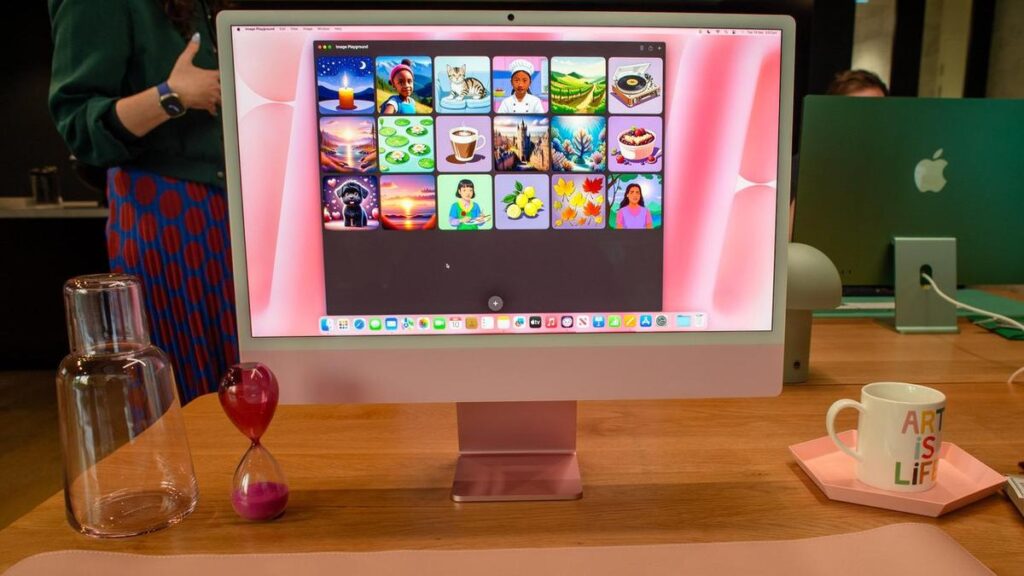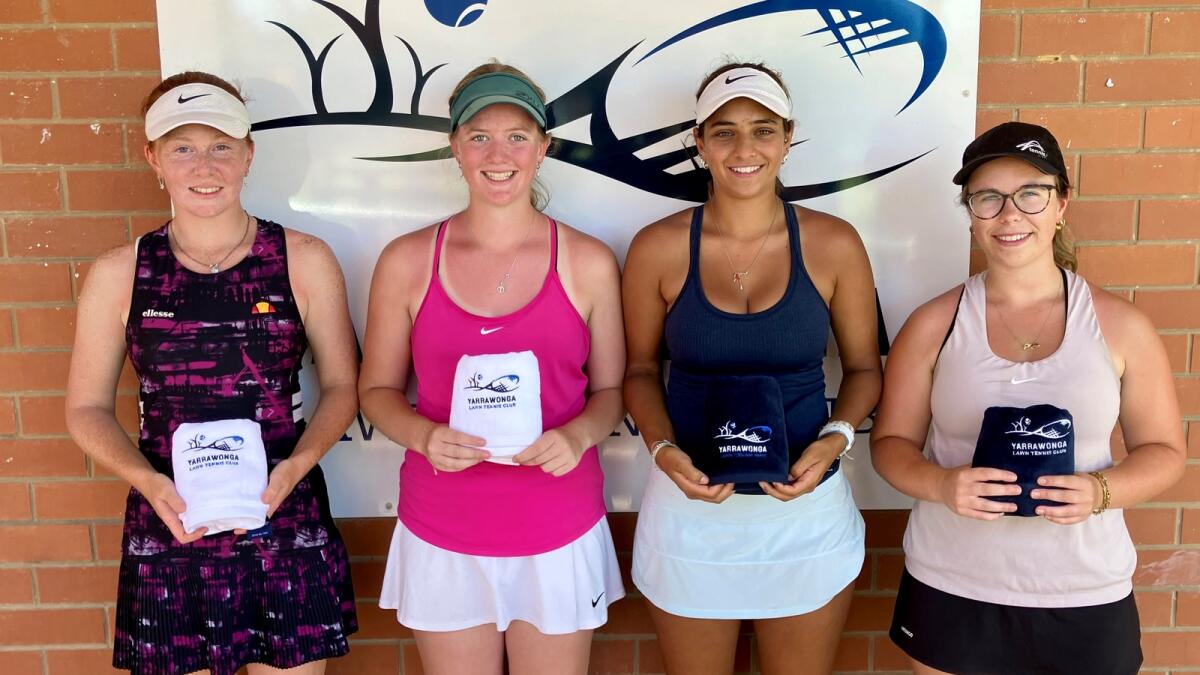
UPDATE: Australian creatives have urgently called on the government to establish robust copyright protections against AI data mining practices. In a significant turn of events, Attorney-General Michelle Rowland has confirmed that the government will not allow developers to exploit creative works without proper compensation or consent.
This announcement comes as part of the formation of the Copyright and AI Reference Group (CAIRG), which will involve consultations with writers, musicians, and tech industry representatives. The group will focus on three critical areas: fair use of copyright material in AI, a potential paid collective licensing framework, and enforcement mechanisms. This initiative aims to safeguard the rights of creators while fostering innovation in AI.
Lucy Hayward, chief executive of the Australian Society of Authors, emphasized the urgency of this matter, stating, “The way AI systems have been developed so far is the greatest act of copyright theft in history.” She highlighted the lack of transparency from tech companies, noting that AI tools have been trained on vast datasets, including pirated content. “Authors should have the right to say yes or no for how their work is used and to be compensated fairly,” she added.
The Australian government’s commitment to strong copyright laws comes in the wake of pressure from multiple tech companies advocating for a broad text and data mining exception. Such an exception would have allowed free, unrestricted use of Australian creators’ works, effectively legitimizing existing copyright infringements. However, Rowland firmly rejected this notion, affirming, “Artificial intelligence presents significant opportunities for Australia and our economy; however, it’s essential that Australian creatives benefit from these opportunities too.”
The impact of this decision is profound, as it sets a precedent for how AI interacts with creative industries, ensuring that creators are not only recognized but fairly compensated for their contributions. Dean Ormston, chief executive of APRA AMCOS, which represents over 128,000 songwriters, composers, and music publishers, expressed readiness to collaborate with tech firms to develop fair licensing agreements. “It’s time for tech companies to stop delaying and start licensing discussions covering both the input and output of creative materials in AI platforms,” Ormston stated.
As this situation develops, the CAIRG is expected to convene soon, with discussions likely to shape the future of copyright law in Australia. The outcome of these consultations will be pivotal in determining how the creative sector can thrive alongside advancing technology.
The stakes are high, as the growing influence of AI continues to challenge traditional copyright frameworks worldwide. Creatives and industry advocates are watching closely, eager for a resolution that balances technological progress with the rights of artists.
Stay tuned for more updates as this story unfolds, impacting not only Australian creatives but potentially setting a global standard for AI and copyright relations.





